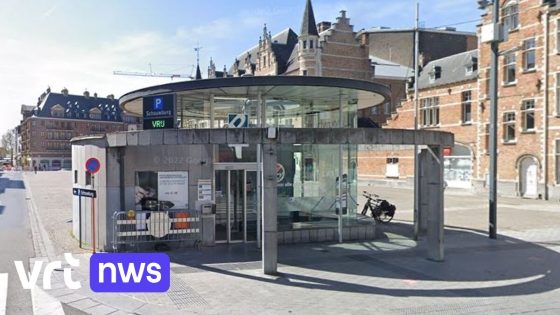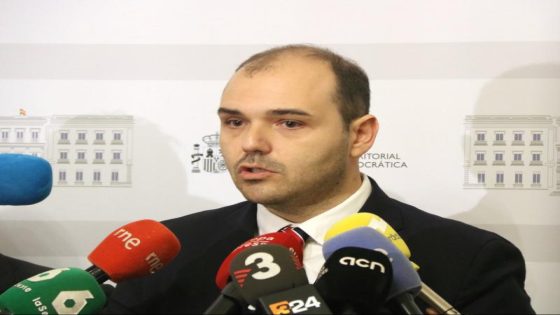On January 21, 2025, São Paulo’s Mayor Nunes highlighted the city’s impressive crime-fighting efforts. With the Smart Sampa program, the city has identified 490 fugitives and made 1,712 arrests. But what does this mean for public safety and community trust?
- Nunes praises GCM's effectiveness and arrests.
- Smart Sampa program faces criticism for bias.
- Mayor emphasizes public safety concerns.
- "Prisonometer" to display arrest statistics.
- Experts question relevance of arrest numbers.
São Paulo’s Smart Sampa Program: A Game Changer for Public Safety?
Could technology be the key to making cities safer? Mayor Nunes believes so, stating that the Smart Sampa program has transformed public safety in São Paulo. The program uses facial recognition technology to identify criminals, but it also faces criticism regarding privacy and discrimination. How can cities balance safety with civil rights?
Understanding the Impact of Smart Sampa on Crime Rates
The Smart Sampa initiative aims to deter crime through advanced surveillance. However, the effectiveness of such programs is often debated. Critics argue that simply counting arrests does not provide a complete picture of safety. Are we addressing the root causes of crime, or just the symptoms?
Key Features of the Smart Sampa Program and Its Outcomes
Smart Sampa employs cutting-edge technology to monitor public spaces. Here are some of its key features:
- Facial recognition to identify known criminals.
- Real-time data collection for rapid response.
- Public displays, like the proposed “prisômetro,” to show arrest statistics.
- Community engagement initiatives to build trust.
Public Reaction to Increased Surveillance Measures
While many support enhanced security, others express concerns about privacy. How do citizens feel about being monitored? The balance between safety and civil liberties is a hot topic. Experts suggest that transparency and community involvement are crucial for acceptance.
Future of Crime Prevention in Urban Areas
As cities adopt more technology-driven solutions, what does the future hold? Urban areas in the U.S. are also exploring similar measures. The challenge remains to implement these technologies responsibly, ensuring they serve the community without infringing on rights. Will we see a shift towards more ethical surveillance practices?
In conclusion, São Paulo’s efforts through the Smart Sampa program reflect a growing trend in urban crime prevention. As cities worldwide grapple with similar challenges, the dialogue around technology, safety, and ethics will continue to evolve.

































